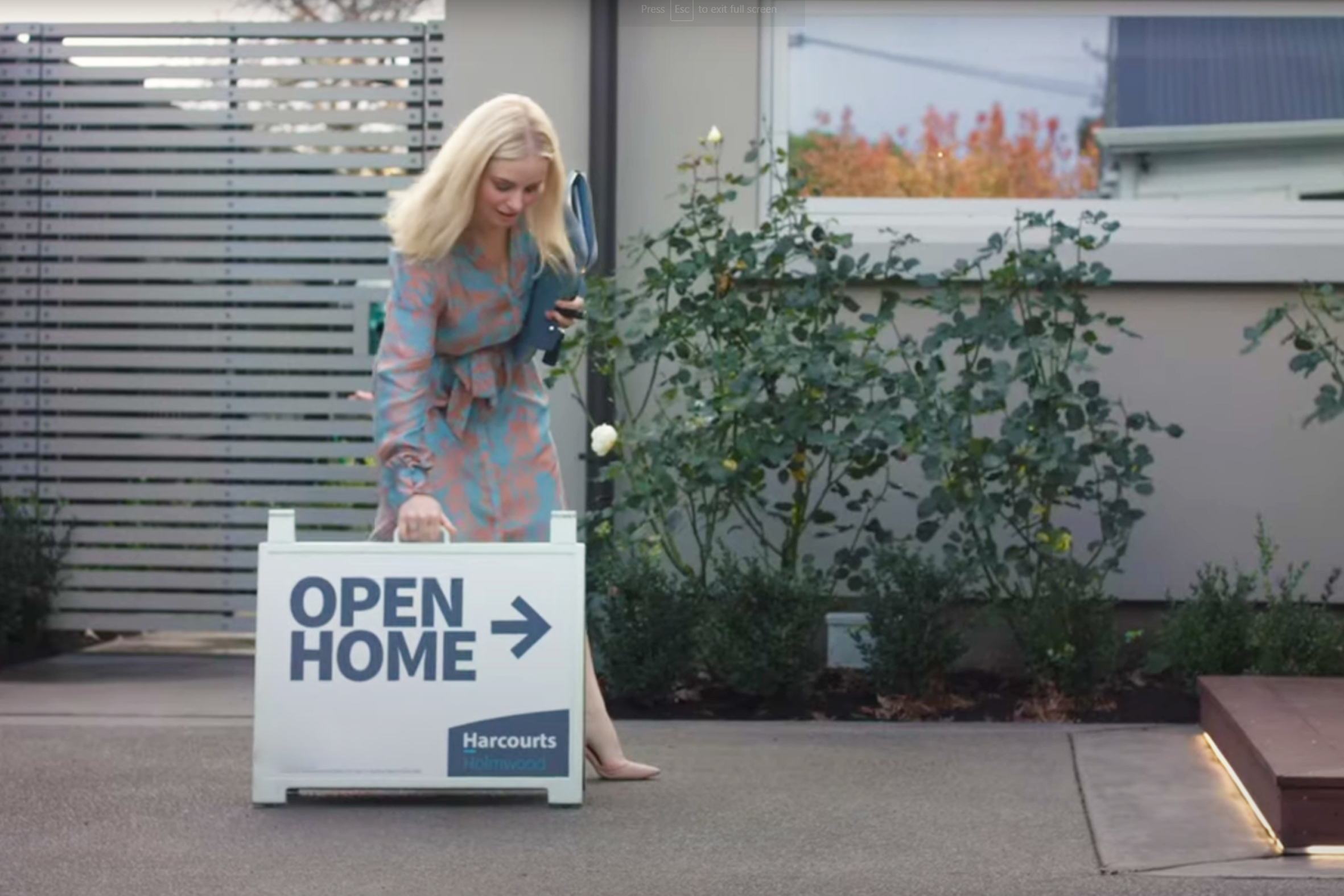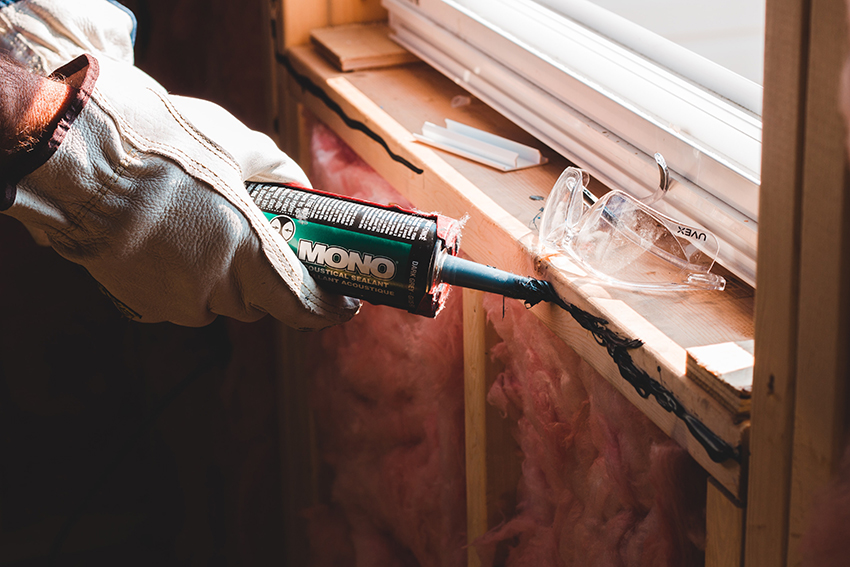Jim Davis, Harcourts Christchurch/South Island Regional Manager, shares his latest view on the property market in Christchurch.
The release of the latest REINZ data for the month of January will no doubt bring some huge headlines in the media over the coming weeks. In fairness the hard data does not look good, depending on which aspect of the market you are most interested in.
Up until now, the major effects of the economic downturn have been felt mainly across the north Island. However, looking at the January figures for Christchurch, you can feel that the impact is starting to bite here a little more as well.
The announced result of 246 sales across all Christchurch city for the month of January is the second slowest month on record, only beaten by the result immediately following the earthquakes. In reality January is always a slow month and sales numbers are usually low, purely because the country is pretty much on holiday then. However, the stats as I have said, tell us this one was worse than usual. This trend has been growing in recent months where we have been seeing that sales volumes slip away as the market has reacted to all the media commentary, the economic situation and associated warnings.
When sales volumes drop we also typically see a drop in prices, and the reduction of the Christchurch city median to
$622,000 reflects this. Once again we don’t really know if this low median actually reflects the overall current market reality going forward, or whether it’s an aberration as a result of low sales volumes. I did say back in December that we won’t get a real reading on the state of our local market until this same time next month when the February figures are released. Both the January result and to a certain extent December are impacted especially by annual holiday season inactivity, but in February we settle back into the real market – once the schools are back.
Locally here in Christchurch Harcourts sales results for our team are rather interesting for this last month.
We still have the same number of consultants running round the city as we did in January last year and surprisingly we listed exactly the same number of properties this January compared to last. However, we had a drop off in the number of Auctions listed vs other methods. The amount of listed property we have on hand as stock, has started to climb a bit more lately as we have maintained listing numbers – but experienced the market drop in sales volumes. Currently we have some 1400 or so properties as stock on hand, but that number is still considerably less than the levels that were typical pre- covid. In terms of properties sold in January, we sold 12% more this January than we did in the corresponding month last year (note: against the market trend). Like the market, what stock we did sell was hit by values, and we had a 7% drop in average sale price over all the property we sold in comparison to January 2022.
So what does all that mean for you if you are interested or thinking about engaging with the local Christchurch property market?
REINZ stats tell us that the whole market overall experienced a significant drop in sales numbers and median value in January. But Harcourts in Christchurch over the same period listed the same volume as last year and sold more than the previous year as well. This indicates we are outperforming and achieving more sales than our competitors at an increasing rate especially now when the overall market is tougher. More and more people entering the market are realising as the sales volumes shrink, if you want to increase your chances of a sale you need to be with Harcourts. There is no benefit looking at a “cheap and cheerful” option for sale in this climate, as its obviously not working that well in a lot of cases.
The strength of our numbers and our training is showing through in our increasingly dominant market share in these tougher times, and the results we are achieving no matter which way you look at it, are outstanding for our clients. If you are serious about selling, then we are the company to assist in this area as the statistics signify.
REINZ FIGURES
Median $622,000 | Average $702,190
HARCOURTS FIGURES
Median $695,500 | Average $776,627

But that was January. What’s happening now at the coalface, the troops are reporting that open homes are getting busier each week. A typical property might be getting anywhere from 20-30 people at their open homes. With exceptional properties still achieving 100 visitors or close to it occasionally. Its apparent that people are out there having a look and numbers are slowly growing. A media report last week mentioned a large increase in the volume of sales being madeto the first home buyer segment of the market as they start looking to take advantage of current prices, and this has been reinforced by a number of our consultants.
There is no doubt that the investor market is still holding off, but first home buyers as mentioned, are starting to swing into action or thinking about it, especially now that there are small signs that we might be seeing interest rates top out soon. Looking at current rates, most banks have created an incentive to lock in two years. I also think that the indication a few banks have started to drop their 5-year rate supports the theory that perhaps rates are at or close to the top of the curve. I heardanother media commentator mention they had heard banks are struggling to meet their own internal lending targets with the drop off in sales, so there are definitely deals to be had in the finance world if you are talking to the right people.
On that point if you are a serious buyer in the current market, I suggest you ensure you are talking with a Mortgage Advisor to ensure you are seeing as many of the available loan options as possible. As a potential buyer I think you should utilize all the help you can when securing a loan and to also ensure you are getting the best deal around that suits you.
Another widely touted view is that there is sometimes a standoff happening between some vendors and purchasers. While this can happen with people who either don’t need to sell or people who don’t need to buy, it has to be said that some offers are so out of kilter, they can almost be seen as insulting by some owners.
It’s commonly said that the market is now in a “buyers’ market” phase, and property can almost be considered, to be “on sale” now in comparison to a year or so ago. So, if you are not buying now when property is “on sale” when will you buy or rather what else are you waiting for? If you’rewaiting for the bottom of the market, please let us all know when that will happen, because most of us never get that right.
For those of you who are in the market or are thinking about stepping into the market for whatever reason, give your local Harcourts office a call. We really are confident that we are your best chance at getting you the result you want in these ever-changing times.


















